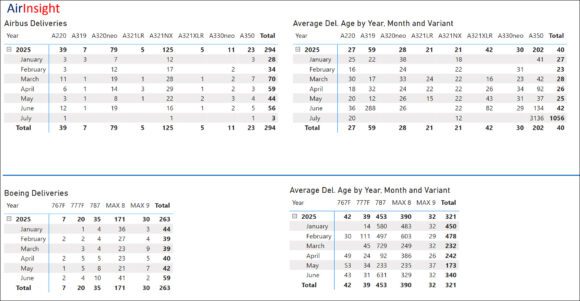
1200px Seal of the United States Federal Aviation Administration.svg 1
After a change in regulatory processes in 2009, the F.A.A. delegated increased authority for approval of safety assessments to Boeing. Some of those assessments, such as for MCAS and, apparently, protection of flight controls, would likely not have been approved had F.A.A. engineers been in charge of the decision process. A flaw in the regulatory oversight process has led to the situation today, with an unsafe aircraft requiring retrofits and modifications.
Subscriber content – Sign in
[maxbutton id=”1″ ] [maxbutton id=”2″ ] [maxbutton id=”4″ ]




